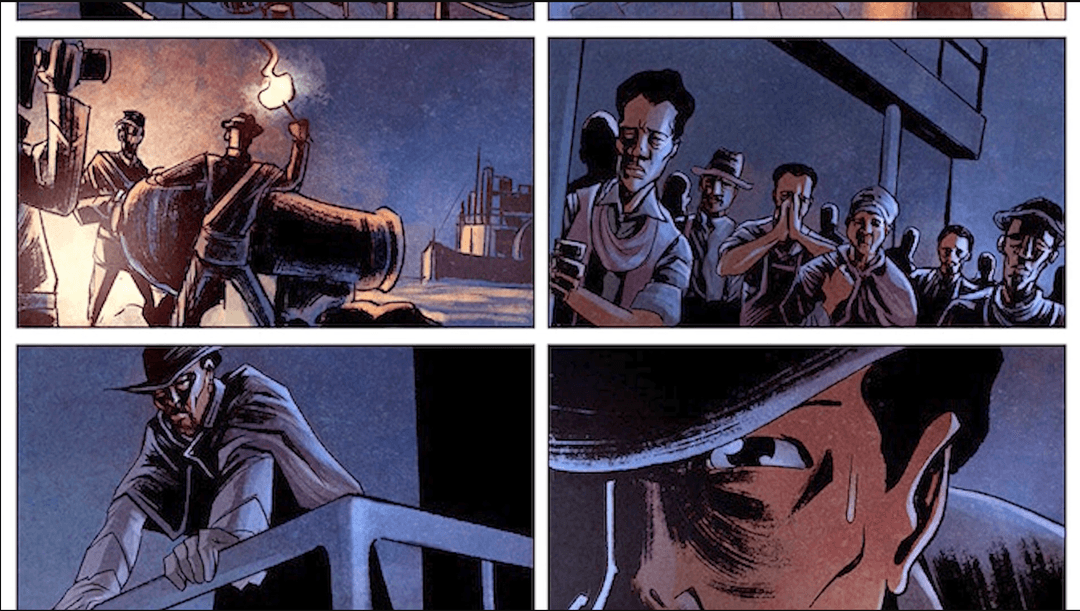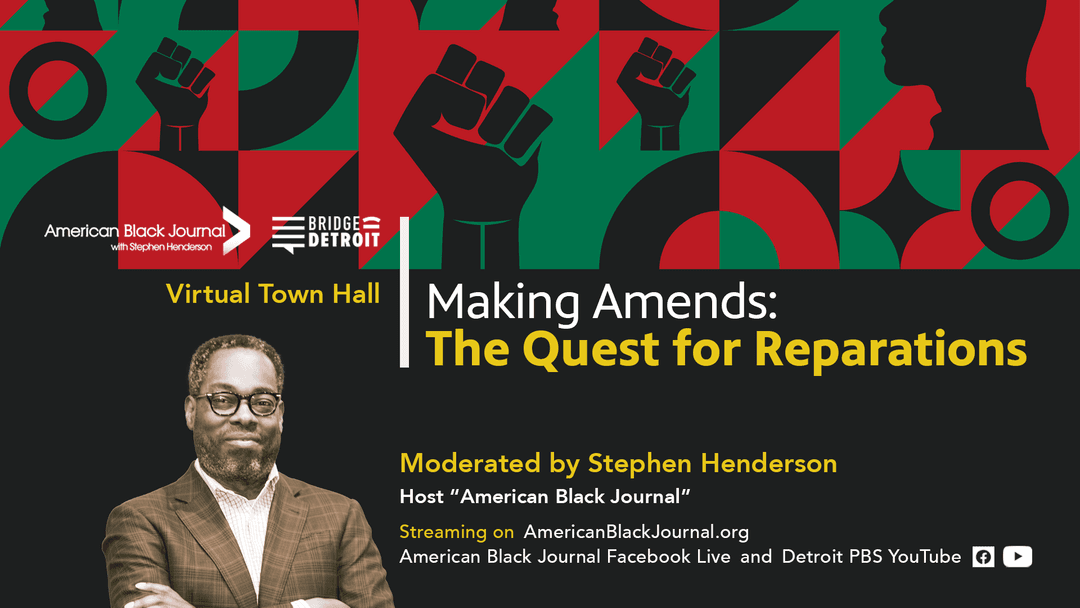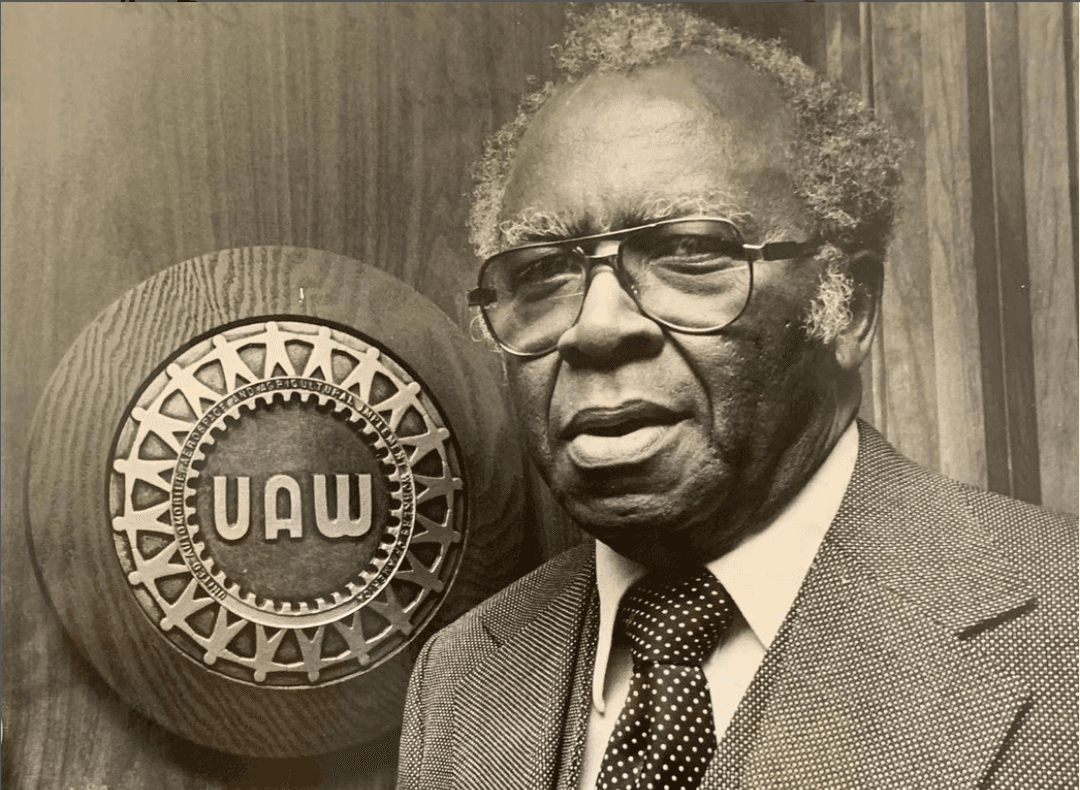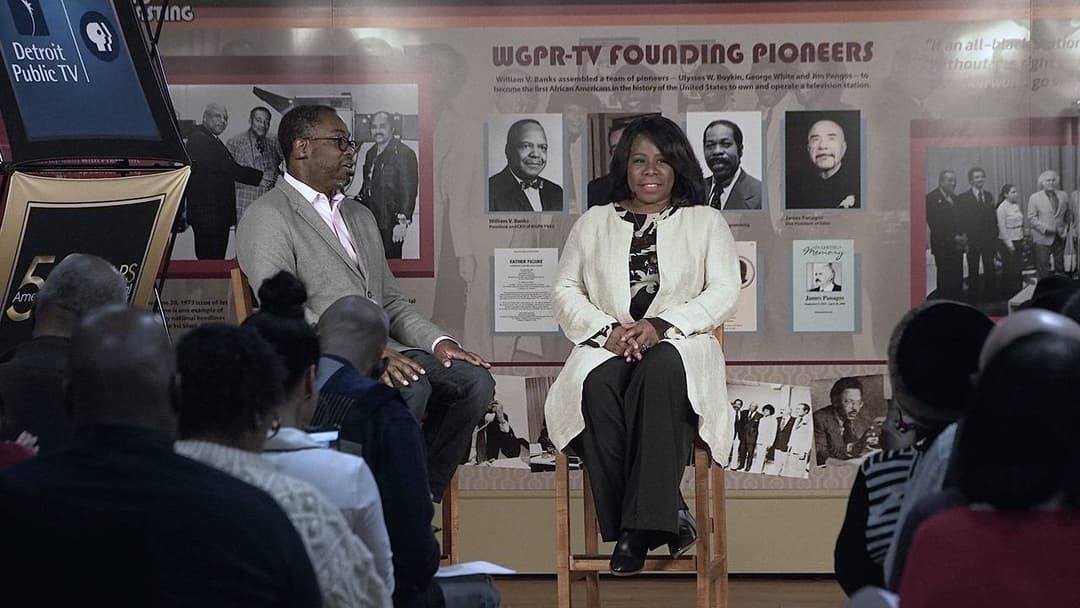Rose Morton’s Family Roots, Tracing Black Ancestry, Robert Smalls Graphic Novel | American Black Journal
Dec 19, 2023
This Week on American Black Journal:
Rose Morton unravels her family’s history of slavery in ‘Our Family’s Keepers’
Tracing one’s family roots is a journey of self-discovery, but for many African Americans, it’s a path fraught with challenges. The ability to trace ancestral roots has often been hindered by the scarcity of pre-1870 census records, and any records that were kept by enslaved individuals were often handwritten, poorly maintained and lost over time.
Nearly four-in-ten (41%) Black adults report their ancestors were enslaved in the United States, according to a 2022 Pew Research Study. One-third (34%) say they are not sure if their ancestors were enslaved, while 8% say their ancestors were not enslaved.
Amidst African Americans’ challenge to trace their ancestry, Rose Morton has emerged as an example of the poignant history that can be discovered by finding your roots. In Morton’s book, “Our Family’s Keepers,” she chronicles her ancestors’ story set against the backdrop of the renowned Middleton Plantation in South Carolina. Morton’s narrative delves into the complexities of slave life, exploring controversial and dynamic issues faced by enslaved African Americans and their owner and shedding light on the resilience and strength that shaped their destinies.
In a conversation with Morton, “American Black Journal” contributor Daijah Moss delves into the intricacies of Morton’s quest for identity and the profound impact it had on her and others connected to the Middleton Plantation. Plus, Morton provides a powerful testament to the importance of understanding and embracing history, no matter how challenging or painful it may be.
[et_pb_video src=”https://www.youtube.com/watch?v=ThArzuhADug” admin_label=”Segment 1 Video” _builder_version=”4.23″ _module_preset=”default” global_colors_info=”{}”]
Tracing your family roots: The unique challenges faced by African Americans
Whether talking with family members, using a DNA test kit, or many other ways to trace ancestry, it can be challenging to know where to start your search. However, that doesn’t deter African Americans from trying to trace their roots. One in three Black adults has used more than one research method to find their family’s history, based on a 2022 Pew Research Study.
“American Black Journal” host Stephen Henderson sat down with internationally known genealogist Tony Burroughs, who has consulted with celebrities such as Smokey Robinson and Oprah Winfrey about their family history, to hear how African Americans can start their search. Burroughs is the Founder and CEO of the Center for Black Genealogy and published a popular book, “Black Roots: A Beginner’s Guide to Tracing the African American Family Tree.”
Burroughs talks with Henderson, who has been on his own journey to discover his late father’s ancestral history, about the methodology of genealogy. He outlines the steps to take when researching your ancestry, as well as shares some of the unique challenges associated with tracing African American roots and the importance of knowing where you come from.
[et_pb_video src=”https://www.youtube.com/watch?v=fr5G–Gw4qQ” admin_label=”Segment 2 Video” _builder_version=”4.23″ _module_preset=”default” global_colors_info=”{}”]
Rob Edwards’ forthcoming graphic novel details a little-known story in America’s Black history
Rob Edwards, a Detroit-born screenwriter best known for Disney’s “The Princess and the Frog” and “Treasure Planet” and the TV shows “The Fresh Prince of Bel-Air” and “In Living Color,” has a new graphic novel set for release in February 2024 detailing a little known, yet highly prominent figure of America’s Black history: Robert Smalls.
Titled “Defiant,” the graphic novel chronicles the extraordinary life of Smalls, who as a 23-year-old slave successfully commandeered a Confederate Civil War ship and surrendered it to the Union Army before joining the Union Army and becoming a war hero himself. Smalls went on to run for Congress five times, becoming the longest-serving Black congressman during Reconstruction, among several other successes.
“He started a printing press. He started a railroad. He’s the reason why we have Black people in the military, because they showed courage, you know, intelligence and strength. He’s the reason why we have public schools,” Edwards said during an interview with One Detroit’s Chris Jordan. It’s a story Edwards felt compelled to tell as a Black author and one that readers were hungry to get their hands on. The graphic novel has been backed by almost 2,000 supporters, bringing more than $150,000 on Kickstarter to help fund the project.
One Detroit’s Chris Jordan caught up with Edwards on a recent visit home to Michigan, at Comics & More in Madison Heights, where they talked about “Defiant,” the support he’s received through Kickstarter, and why a comic book is a perfect, if unorthodox, way to teach kids Black history.
[et_pb_video src=”https://www.youtube.com/watch?v=zEWldN3ifco” admin_label=”Segment 3 Video” _builder_version=”4.23″ _module_preset=”default” global_colors_info=”{}”]
Stay Connected
Subscribe to Detroit PBS YouTube Channel & Don’t miss American Black Journal on Tuesday at 7:30 p.m and Sunday at 9:30 a.m. on Detroit PBS, WTVS-Channel 56.
Catch the daily conversations on our website, Facebook, Twitter and Instagram @amblackjournal.
View Past Episodes >
Watch American Black Journal on Tuesday at 7:30 p.m. and Sunday at 9:30 a.m. on Detroit Public TV, WTVS-Channel 56.
Stay Connected
Subscribe to Detroit PBS YouTube Channel & Don’t miss American Black Journal on Tuesday at 7:30 p.m. and Sunday at 9:30 a.m. on Detroit PBS, WTVS-Channel 56.
Catch the daily conversations on our website, Facebook, Twitter, and Instagram @amblackjournal.
Related Posts
Leave a Reply
Your email address will not be published. Required fields are marked*




























